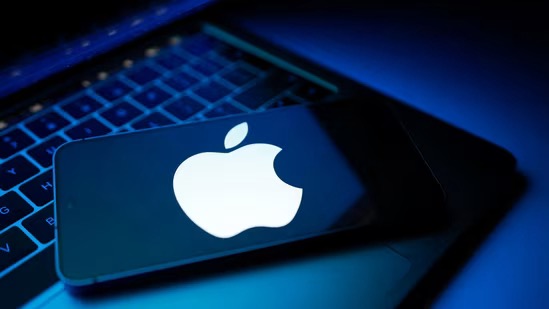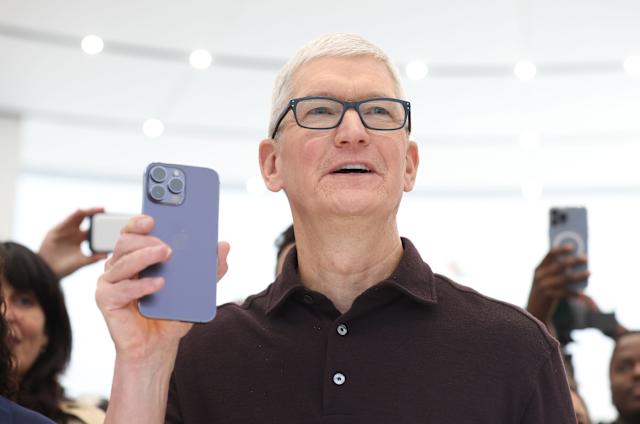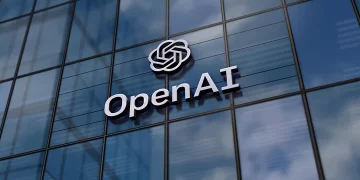In a dramatic twist in the tech world, Elon Musk has spearheaded a consortium that has made an eye-popping $97.4 billion bid to acquire OpenAI, the leading artificial intelligence research organization behind models like ChatGPT. The bid, which would put OpenAI under the control of Musk’s group, has ignited a wave of discussion about the future of artificial intelligence and the evolving dynamics within the tech industry.
This acquisition proposal is part of a broader effort by Musk to regain influence over the direction of OpenAI, a company he helped found. Musk has been openly critical of OpenAI’s recent shift towards a for-profit structure, a move that diverges from the nonprofit ideals on which the organization was originally based. Musk’s group, including other investors, believes that OpenAI should focus on ensuring that the benefits of AI are shared by all, rather than becoming increasingly aligned with corporate interests.
At the heart of the bid is Musk’s desire to return OpenAI to its nonprofit roots. The consortium proposes that OpenAI, which has made groundbreaking strides in the field of AI, especially with models like GPT, be restructured to focus on its original mission of developing artificial intelligence that benefits humanity at large. The push for a nonprofit model contrasts sharply with OpenAI’s current trajectory, where its partnership with corporate giants like Microsoft has raised questions about the influence of profit motives on AI development.
In response to the bid, OpenAI’s CEO, Sam Altman, quickly dismissed the proposal. Altman, who has been at the helm of OpenAI during its rapid growth, rejected Musk’s offer with a mix of humor and defiance. He suggested that Musk might be better off acquiring Twitter—another of Musk’s ventures—if he’s truly interested in spending such a large sum on tech acquisitions. Altman’s response highlights the increasingly personal and professional tensions between him and Musk, who have clashed over the direction of OpenAI in recent years.

The roots of this conflict trace back to 2018 when Musk resigned from OpenAI’s board of directors, citing concerns over the organization’s shift in priorities. Musk, a vocal advocate for the responsible development of AI, has long warned of the potential dangers of AI systems falling into the wrong hands or being used without proper oversight. His criticism of OpenAI’s partnership with Microsoft and its commercialization of its AI models has only fueled the growing rift between him and the organization’s leadership.
If Musk’s bid were to succeed, it could set a new precedent in the AI industry, especially regarding the role of nonprofits in the development and regulation of powerful technologies. OpenAI’s research, which has profound implications for industries ranging from healthcare to entertainment, could take on a different direction if controlled by Musk’s group, particularly with an emphasis on keeping AI development free from the constraints of corporate interests.

The outcome of this high-stakes bid will likely have long-lasting ramifications on how artificial intelligence is developed, deployed, and regulated in the future. As the tech world watches closely, the battle for control of OpenAI is shaping up to be one of the most significant corporate struggles of the year.












